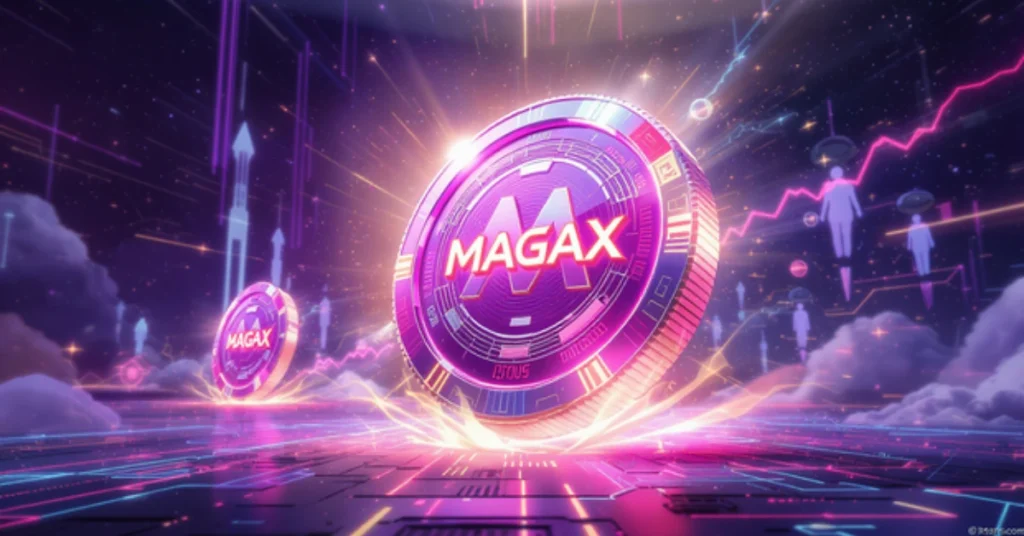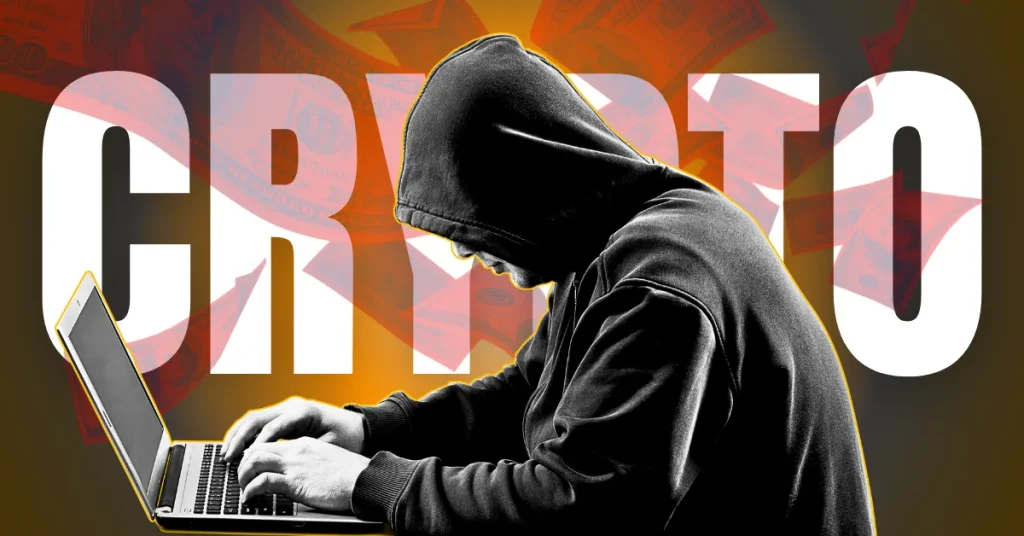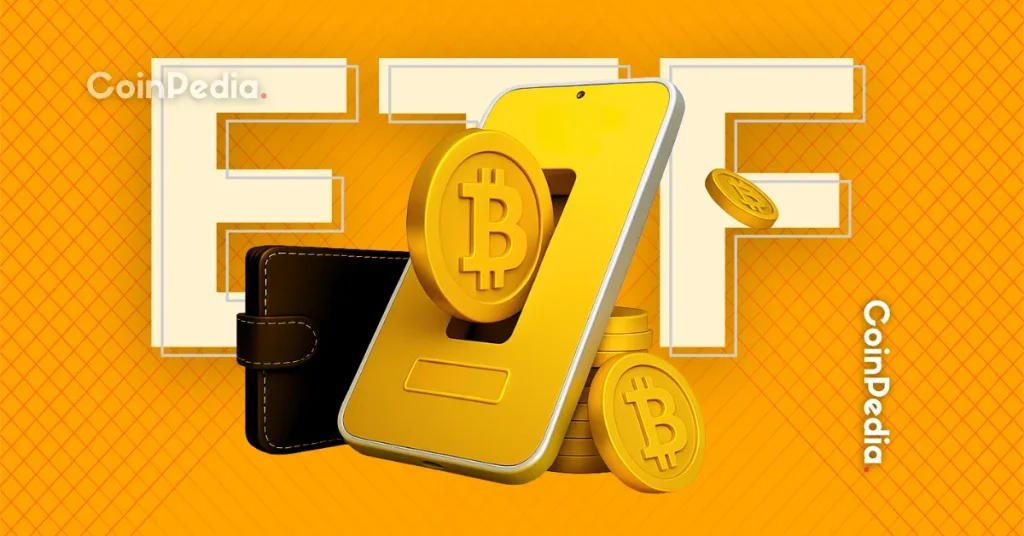Real-World Asset (RWA) Tokenization in Hong Kong Faces Beijing’s Regulatory Pushback



The post Real-World Asset (RWA) Tokenization in Hong Kong Faces Beijing’s Regulatory Pushback appeared first on Coinpedia Fintech News
The excitement around tokenizing real-world assets (RWAs) in Hong Kong has hit a regulatory speed bump. As deals and projects in the city accelerate, Beijing is stepping in to slow momentum, signaling once again that when it comes to digital assets, China prioritizes control over market hype.
CSRC Asks Firms to Halt Tokenization Projects
According to a Reuters report , the China Securities Regulatory Commission (CSRC) recently advised several mainland brokerages to pause their RWA tokenization activities in Hong Kong. Informal guidance was reportedly given to at least two major firms earlier this month.
The regulator is seeking to ensure that such ventures are backed by legitimate businesses, with robust risk management frameworks in place before moving forward. A Beijing-based financial lawyer familiar with the matter said:
“Beijing doesn’t want tokenization projects moving faster than regulation can keep up. The authorities want to ensure that the risks are fully understood before allowing large-scale rollout.”
This measured approach highlights China’s cautious stance toward real-world asset tokenization, even as global markets increasingly adopt blockchain -based financial instruments.
Hong Kong Pushes Ahead With Digital Asset Ambitions
In contrast, Hong Kong regulators are pushing aggressively to establish the city as a global hub for digital finance and tokenized securities. The Financial Services and the Treasury Bureau (FSTB), along with the Hong Kong Monetary Authority (HKMA), are currently reviewing the city’s legal and regulatory framework around tokenization.
The city has already seen several high-profile tokenization initiatives:
-
GF Securities (Hong Kong unit) launched “GF tokens” in June.
-
China Merchants Bank International helped issue a 500 million yuan digital bond in August.
-
Property giant Seazen Group announced plans to establish a tokenization-focused research institute.
A Hong Kong-based fintech executive commented:
“Hong Kong sees tokenization as a way to boost capital efficiency, attract global investors, and strengthen its reputation as a digital finance leader.”
Market Frenzy and Sharp Stock Swings
The momentum around tokenized assets in Hong Kong has spilled into the stock market. Companies with exposure to tokenization or stablecoins have experienced dramatic price moves:
-
Guotai Junan International’s shares surged more than 400% after gaining approval for cryptocurrency trading.
-
Fosun International jumped nearly 28% following reports of stablecoin-related discussions with Hong Kong officials.
These sharp swings underline both the excitement and volatility of tokenization-linked stocks in Hong Kong.
- Also Read :
- Real World Asset (RWA) Tokenization Could Reach $30 Trillion by 2030 | Exclusive Report
- ,
China’s Tightrope Between Control and Innovation
Beijing’s intervention is consistent with its broader digital asset strategy. China banned cryptocurrency trading and mining in 2021. More recently, in August, mainland brokers were instructed to stop publishing research supportive of stablecoins.
At the same time, the global RWA tokenization market continues to gain traction. Analysts estimate the sector is worth $29 billion today and could soar past $2 trillion by 2030, driven by the promise of improved liquidity, transparency, and efficiency.
“Tokenization has the potential to transform traditional finance, but in China’s case, every step will be carefully managed by regulators,” said a Shanghai-based blockchain researcher.
For Hong Kong, the path forward lies in balancing innovation with compliance, as the city seeks to cement its role as a bridge between mainland China’s cautious oversight and the global push for digital financial products.
Never Miss a Beat in the Crypto World!
Stay ahead with breaking news, expert analysis, and real-time updates on the latest trends in Bitcoin, altcoins, DeFi, NFTs, and more.
FAQs
Beijing is concerned about risks and wants to ensure that tokenization projects have a solid business foundation. It aims to prevent market speculation and maintain financial control.
Hong Kong is actively positioning itself as a global digital finance hub, with regulators encouraging innovation and providing a clearer framework. In contrast, mainland China maintains a more cautious, control-oriented stance.
RWA tokenization is the process of converting tangible assets like real estate or bonds into digital tokens on a blockchain. It can make assets more liquid and accessible to a wider range of investors.
Tokenization is seen as a way to improve liquidity and transparency for traditionally illiquid assets. It could also make fractional ownership of high-value assets possible for more people.
The excitement has caused sharp volatility. The shares of companies involved in tokenization or digital asset ventures have experienced significant price surges, reflecting investor enthusiasm.

Forget Hype, MAGAX Presale Is Next The Moonbound
The post Forget Hype, MAGAX Presale Is Next The Moonbound appeared first on Coinpedia Fintech NewsF...

UXLINK Hacked: Over $11 Million Stolen, Token Price Crash by 70%
The post UXLINK Hacked: Over $11 Million Stolen, Token Price Crash by 70% appeared first on Coinpedi...

Crypto ETF News: Bitcoin Sees $363M Outflow, Ethereum Drops $76M
The post Crypto ETF News: Bitcoin Sees $363M Outflow, Ethereum Drops $76M appeared first on Coinpedi...






